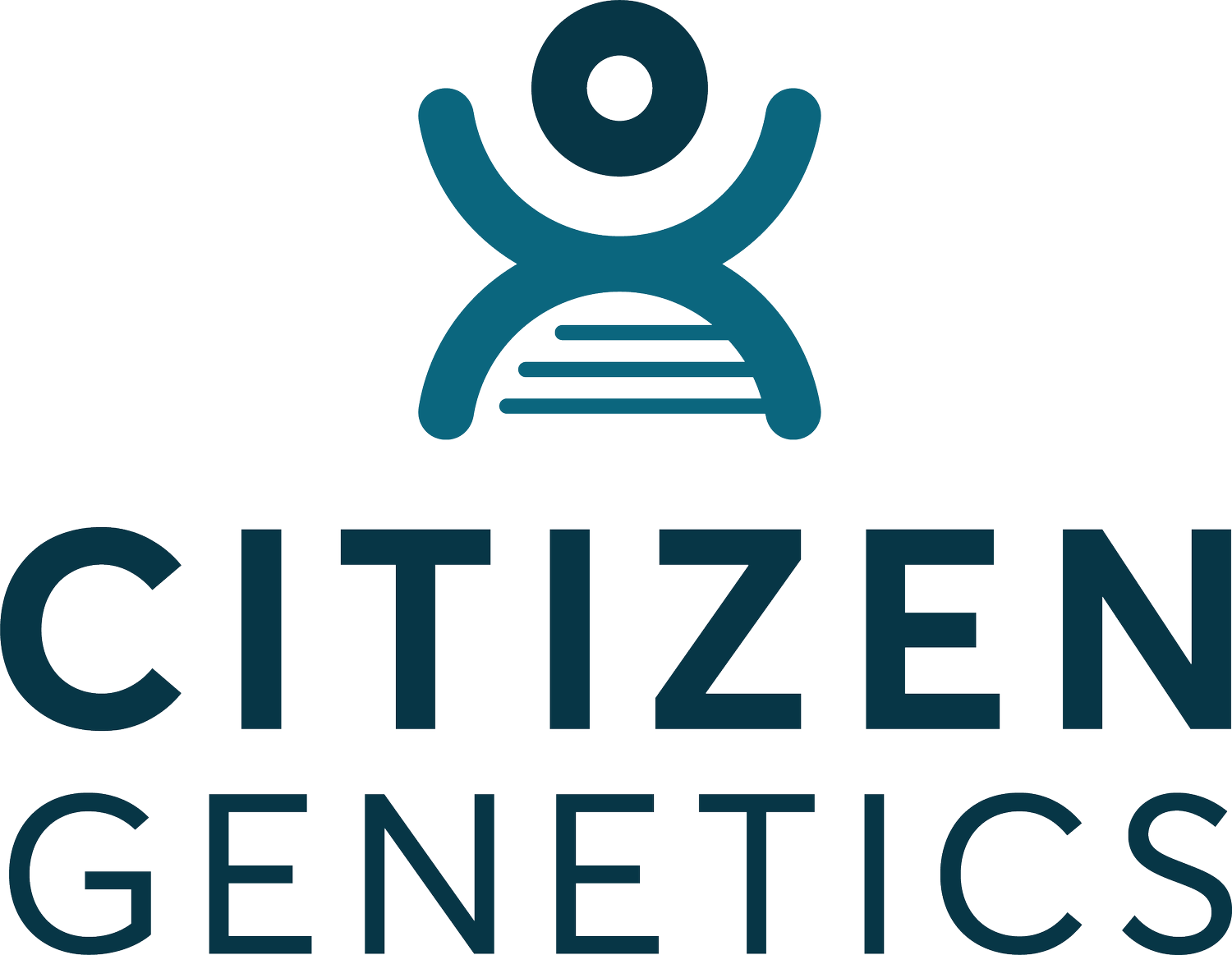Genetic Testing in Precision Medicine: An Overview
Genetic testing is the baseline for personalized medicine. By identifying mutations in specific genes, physicians can prescribe drugs that are known to be effective in remedying the negative effect of the mutation, which can include an over or under synthesis of a protein in the body. Additionally, pharmacogenetic testing can reveal how a patient metabolizes certain medications, allowing for safer, more effective drug prescriptions.
However, as we know the rise in genetic testing has also led to the discovery of numerous VUS, especially as testing expands across diverse populations and examines a broader array of genes.
Why Do Variants of Uncertain Significance Occur?
Variants of Uncertain Significance are found due to the vast diversity in human DNA. When sequencing a gene, researchers may identify a mutation that has not been observed enough to classify as either pathogenic or benign. Genetic databases help catalog known variants, but with new mutations constantly identified, VUS continues to be a substantial part of genetic testing.
The Future of Personalized Medicine and VUS Interpretation
The landscape of genetic testing is constantly evolving, and advancements in technology, research, and data-sharing will help improve our understanding of VUS. Some key areas of development include:
Big Data and AI in Genomic Research: Leveraging AI and large-scale databases can help researchers reclassify VUS more quickly, making genetic testing more accurate and actionable. As more VUS are categorized, patients and healthcare providers will have a clearer understanding of the genetic data they receive. Additionally, these mutations may be actionable with personalized medicine.
Improved Population Diversity in Databases: Currently, many genetic databases lack diversity, with certain populations underrepresented. Increasing the genetic data pool from diverse populations can help reduce the occurrence of VUS and aid in reclassification efforts, which in turn increases access to personalized medicine for underrepresented groups.
Periodic Reevaluation of Genetic Results: To have access to personalized medicine, patients must ensure they are re-evaluating their genetic results at an appropriate time. As science advances, periodic reevaluation of previously identified VUS can provide patients with updated information, ensuring their treatment plans evolve with the latest findings. In the case of a VUS ‘downgrade’, where a variant of uncertain significance is reclassified to likely benign/ benign, this can pave the way for access to precision medicine for drugs targeting other mutations in the body (this is common in experimental cancer drugs). In the case of a VUS upgrade, where a variant of uncertain significance is reclassified to pathogenic/ likely pathogenic, a patient may be eligible for precision medicine now that theri variant is known to be disease causing.
Conclusion: Navigating the Complexity of VUS in Personalized Medicine
The presence of a Variant of Uncertain Significance in genetic test results can still enable a patient to access personalized medicine. While VUS can introduce uncertainty, as long as you remain abreast of the advancements in genomics and data analysis, you can be sure to have access to the latest personalized medicine. Join Citizen Genetics and let us track the science for you.
